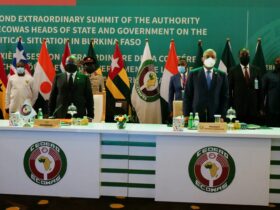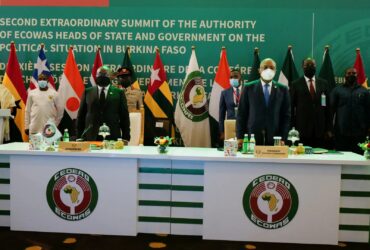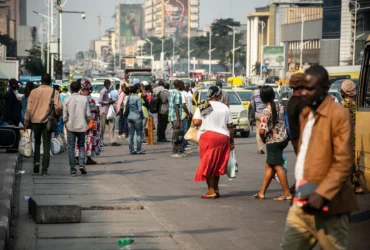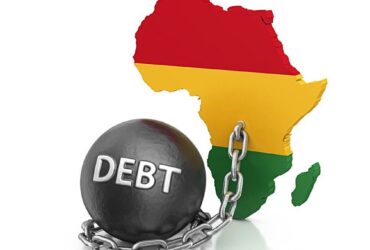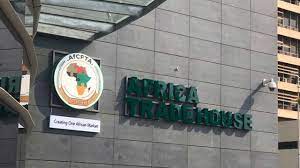The President of the African Development Bank Group, Dr. Akinwumi Adesina, has announced plans to secure $1 billion in financing, in collaboration with partners, for the expansion of Nigeria’s Special Agro-Industrial Processing Zones (SAPZ) program. This initiative, launched in October 2022, aims to enhance productivity, add value to agricultural products, and facilitate market access through a combination of government support and private sector investments in strategic commodity value chains. Adesina emphasized that the SAPZ program is set to benefit up to 25 out of Nigeria’s 36 states. The announcement was made during a meeting in Abidjan, Cote d’Ivoire, where Adesina engaged with a delegation of North-western state governors, led by Governor Mallam Dikko Radda of Katsina State. Other members of the delegation included Dr. Nasiru Idris from Kebbi State, Alhaji Umar Namadi from Jigawa, and Dr. Dauda Lawal from Zamfara. Additionally, deputy governors Aminu Abdussalam (Kano), Dr. Hadiza Balarabe (representing Kaduna), and Idris Gobir (Sokoto) were in attendance.
The President of the African Development Bank Group, Dr. Akinwumi Adesina, encouraged the governors to collectively and promptly designate agricultural hubs to host the proposed schemes. He emphasized that these zones would benefit local farmers, generate employment across value chains, and present unprecedented opportunities for transforming commodities into high-value products. Adesina highlighted the potential for meat processing in the region, particularly in livestock, such as cattle.
Expressing commitment to supporting the Nigerian government in mitigating the impacts of high food and energy prices, Adesina noted that the North-west, a critical region for Nigeria’s development, would receive affordable renewable energy to power planned special agro-industrial processing zones. He pointed out that the African Development Bank had already financed various projects in the North-west, including the $85 million Zaria Water Supply and Sanitation Project, benefiting hundreds of thousands of people.
Adesina mentioned that two states from the North-west, Kano and Kaduna, were part of the first phase of the Special Agro-Industrial Processing Zones (SAPZ) program. Additionally, the National Agriculture Growth Scheme (NAGS) received $134 million in budget support funding, targeting increased wheat and rice production to reduce the country’s $3 billion expenditure on wheat imports.
Governor Radda commended Adesina’s leadership and highlighted the coordinated approach adopted by North-west governors to collaborate with the bank on agriculture and power projects. The lack of irrigation infrastructure, leading to low yields, post-harvest losses, and youth unemployment, was identified as a key challenge in the region.
Governor Namadi of Jigawa prioritized strategic partnerships for rural infrastructure, farm mechanization, and climate-smart agriculture. Deputy Governor Balarabe of Kaduna expressed optimism that the special agro-industrial processing zones would overcome challenges, achieve food self-sufficiency, and boost economic growth. Governor Lawal of Zamfara highlighted the state’s agrarian economy, abundant land and water resources, and significant mineral deposits, envisioning rapid gains in poverty eradication and wealth creation.
Governor Idris of Kebbi emphasized the centrality of agriculture to the state’s fortunes, with nearly 70 percent of the population relying on agriculture.







